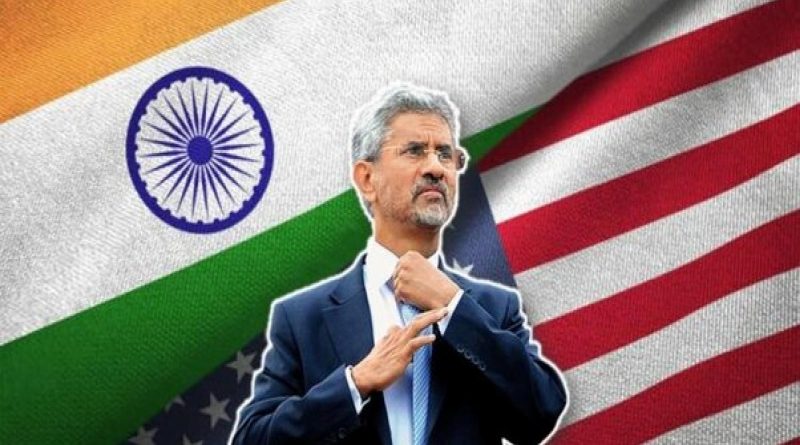Jaishankar Yadav shuts United States’ limped Point of Thought!
Indian External Affairs Minister S. Jaishankar has criticized the United States’ stance on the Citizenship Amendment Act (CAA), stating that it reflects a misunderstanding of the law’s historical context. Speaking at the India Conclave, Jaishankar emphasized that the CAA was introduced to address the challenges stemming from partition, and he lamented the global response’s apparent disregard for this historical backdrop. He asserted that while principles of freedom and equality are crucial in a democracy, he questions the US’s comprehension of India’s history rather than its own democratic principles.
In response to US Ambassador to India Eric Garcetti’s remarks emphasizing religious freedom and equality as fundamental to democracy, Jaishankar reiterated his commitment to principles, highlighting his obligation to those affected by partition. He pointed out examples like the Jackson–Vanik Amendment, Lautenberg Amendment, and Spector Amendment, which expedited citizenship for specific ethnic minorities such as Jews and Christians.
The Jackson-Vanik Amendment suspended the most-favoured-nation status to the Soviet Union and other communist nations in 1951 due to restrictions on emigration. The Lautenberg Amendment of 1990 eased evidentiary requirements for refugee status for certain groups, while the Spector Amendment of 2004 expanded protection to Iranian religious minorities.
Regarding recent comments from the US State Department expressing concern about the implementation of the CAA and emphasizing religious freedom and equal treatment, Jaishankar stood firm, pointing out that European countries also have immigration criteria based on context and criteria, unlike an open-door policy.
He indirectly addressed Pakistan’s state religion and the plight of persecuted religious minorities seeking refuge in India. The Citizenship Amendment Act 2019, enacted just before the Lok Sabha election schedule announcement, aims to grant citizenship to undocumented non-Muslim migrants from neighbouring countries who arrived in India before December 31, 2014, citing religious persecution. It specifically targets Hindu, Sikh, Buddhist, Jain, Parsi, and Christian minorities from Pakistan, Bangladesh, and Afghanistan.
[Image Source: Quora.com]




